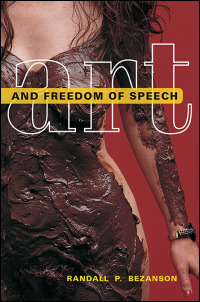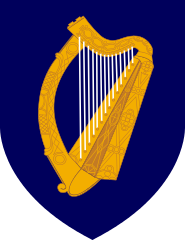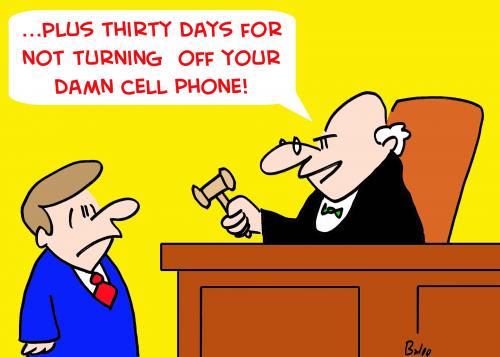From Christine Corcos on the Law and Humanities blog [with added links]:
…Contract Law in the Comedy of Errors
Paul Raffield, University of Warwick School of Law, has published “The Comedy of Errors and the Meaning of Contract,” in Shakespeare’s Imaginary Constitution: Late Elizabethan Politics and the Theatre of Law (3 Law and Humanities (2009) [link]). Here is the abstract.
This article examines the theme of contract and its symbolic connotations of societas or fellowship, in the context of Shakespeare’s [link] The Comedy of Errors [link] and its performance on 28 December at the Gray’s Inn revels of Christmas 1594. Central to the argument is the extraordinary advancement of contract law in Elizabethan England, and in particular the significance of the promise to the status of binding bilateral agreements. In particular, the analysis considers the promotion of assumpsit [wikipedia] at the expense of actions for debt [especially after Slade’s Case (1602) 4 Co Rep 91a] in relation to a society (and a legal profession) whose mores were heavily influenced by humanist notions of the individual conscience, which simultaneously bound the subject of law into an ethical association with his fellow citizens and freed him (at least putatively) from the constraints of immutable, ancient law.






 The Irish Society of Comparative Law (
The Irish Society of Comparative Law (